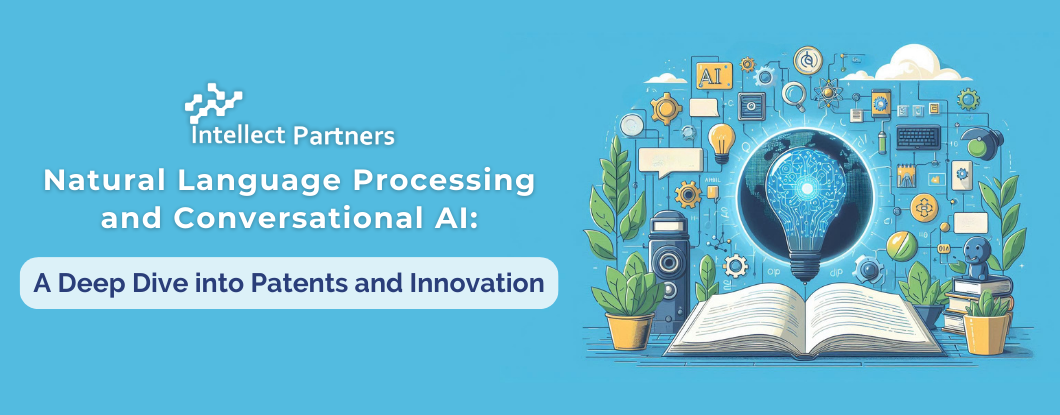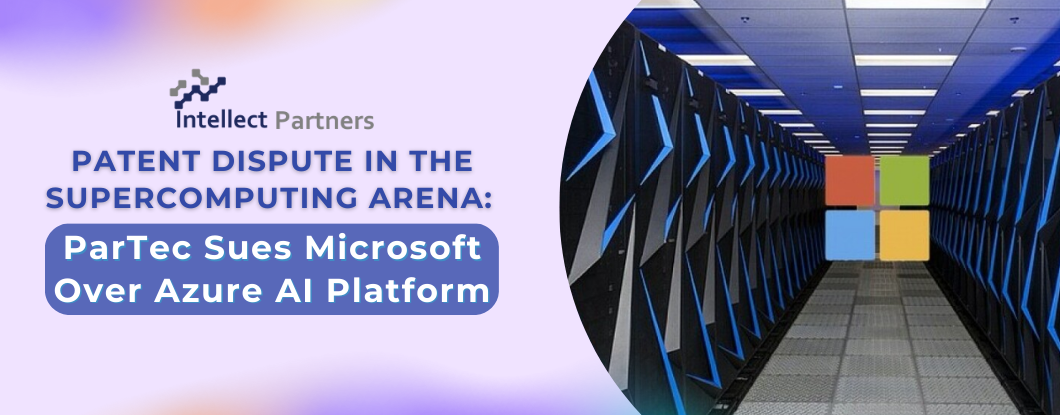InterDigital, a leading U.S. technology company, has launched a worldwide litigation campaign against The Walt Disney Company, alleging infringement of its standard essential patents (SEPs) related to video encoding technology.
The lawsuit targets Disney and its streaming subsidiaries—Disney+, Hulu, and ESPN+—across multiple jurisdictions, including the U.S. (Central District of California), Brazil, Germany, and the Unified Patent Court’s local divisions in Mannheim and Düsseldorf. According to InterDigital, Disney continues to use its patented video technologies without authorization, fueling its highly profitable streaming empire.
InterDigital’s Position: Seeking Fair Compensation for Innovation
Josh Schmidt, InterDigital’s Chief Legal Officer, emphasized the company’s commitment to licensing its innovations fairly:
“Our video technologies enable Disney to efficiently stream content and enhance the user experience. While we always prefer amicable licensing agreements, we are dedicated to receiving fair compensation for our groundbreaking research, which allows us to continue investing in the next generation of technology.”
The lawsuit follows unsuccessful licensing discussions that began in July 2022. InterDigital asserts that despite efforts to reach an agreement, Disney has yet to secure authorization to use its patented technologies.
Key Legal Details and Demands
In its U.S. complaint filed on February 2, InterDigital, represented by McKool Smith, alleges infringement of five video encoding patents:
- US Patent No. 8,406,301
- US Patent No. 10,805,610
- US Patent No. 11,381,818
- US Patent No. 9,185,268
- US Patent No. 8,085,297
InterDigital is seeking a permanent injunction, damages, and a jury trial. The company is also represented by Arnold Ruess in Germany and the Unified Patent Court and by Licks Attorneys in Brazil.
The Significance of Video Encoding Patents
Video encoding technology is essential for compressing and decoding digital video, ensuring efficient transmission while maintaining high quality. As the streaming industry continues to expand—projected to generate over $400 billion in revenue by 2025—patent disputes over such technologies have become increasingly common.
InterDigital asserts that its innovations are fundamental to the streaming ecosystem, helping Disney build a global subscriber base exceeding 250 million across Disney+, Hulu, and ESPN+. The company notes that Disney’s streaming segment alone generated approximately $25 billion in annual revenue in its latest financial report.
“With the help of our innovation, Disney has built a highly profitable streaming business across multiple platforms,” InterDigital stated, reinforcing its stance that enforcement actions are sometimes necessary to ensure fair compensation.
Broader Implications in the Streaming Patent Wars
InterDigital’s lawsuit is part of a broader trend of legal battles over video streaming technology. Other major industry players, including Amazon, have faced SEP-related lawsuits—most notably from Nokia.
Meanwhile, patent pools designed to streamline video technology licensing have emerged. In 2023, Avanci launched Avanci Video, offering a centralized licensing platform, while Access Advance introduced its own video distribution patent pool earlier this year.
What’s Next?
As InterDigital’s lawsuits progress, the outcome could have significant implications for Disney and the broader streaming industry. Whether through litigation or eventual settlement, the case underscores the ongoing tensions between technology innovators and content distributors in the digital streaming era.








